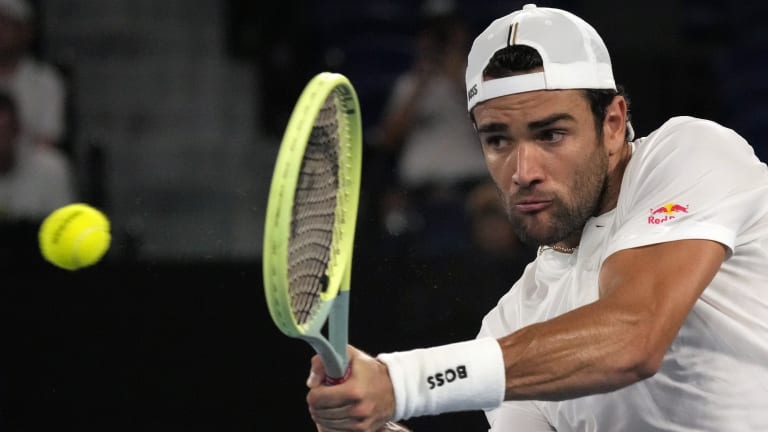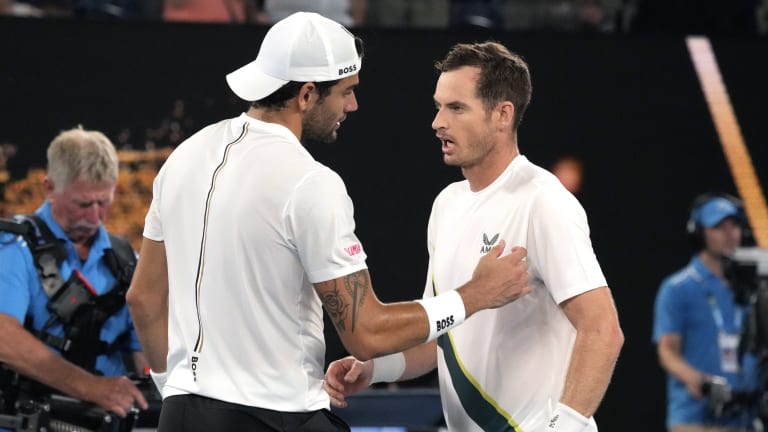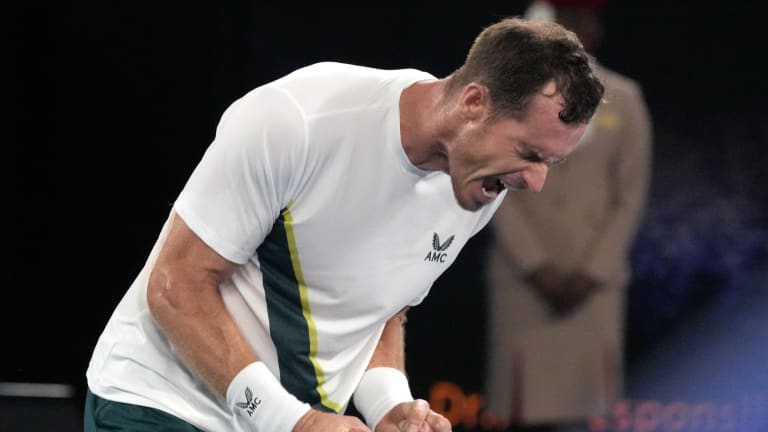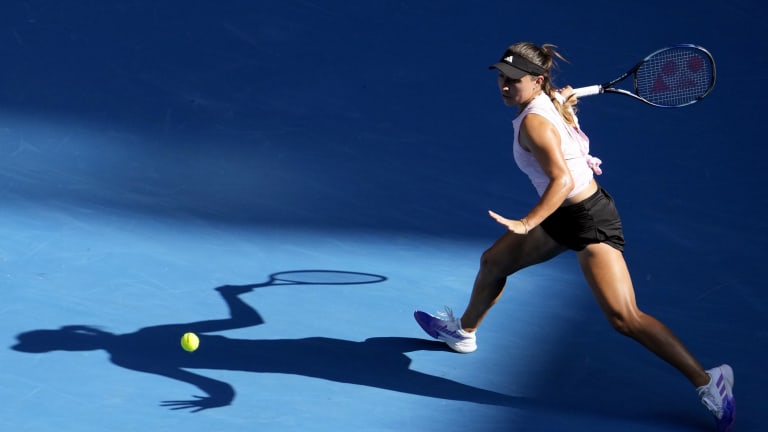Singles tennis is an individual sport, of course, so there are no teammates to cover for mistakes or provide help at key junctures. The attention falls on one athlete, which translates to plenty of praise for winners and, in certain circumstances, accusations of "choking" lobbed at losers — fair or not.
It's a versatile term, too. Sometimes, as with Berrettini, it is bandied about when a player flubs what appears to be a gimme shot on a crucial point. It also gets used when a high-ranked player is defeated by someone who is much lower-ranked. Or when someone throws away a big lead, such as when a man takes the first two sets of a best-of-five match at a Grand Slam tournament yet loses — which happened seven times in the first two rounds in Australia. Or when someone is quite close to ending things but fails to seal the deal.
The word "choke" popped up all over Twitter on Monday after No. 9 Holger Rune, a 19-year-old from Denmark, gave away a lead of 5-2 in the fifth set, then leads of 5-0 and 7-2 in the first-to-10 tiebreaker that capped the match, in what became a loss to No. 5 Andrey Rublev.
Famously, Jana Novotna double-faulted when serving at 4-1, 40-30, against Steffi Graf in the third set of the 1993 Wimbledon final and never won another game. Gabriela Sabatini blew a 6-1, 5-1 lead against Mary Joe Fernandez at the French Open in the same year. In the 2004 men's final at Roland Garros, Guillermo Coria was serving while ahead 6-0, 6-3, 4-4, 40-love, let that huge edge disappear and wasted two match points in the fifth set before Gaston Gaudio took the championship.
"The basic definition of ‘choking' is the feeling of overwhelming anxiety that the athlete is unable to manage with his or her current defenses," sports psychologist Tom Ferraro said.




